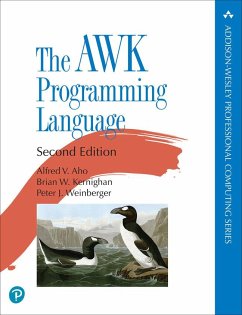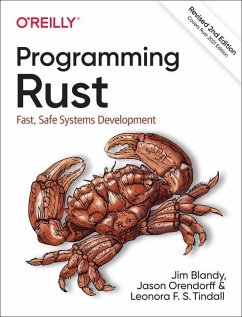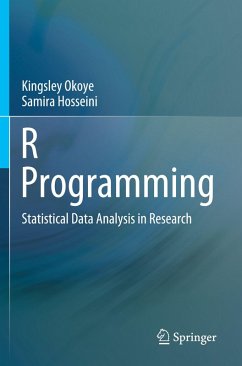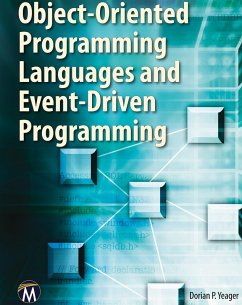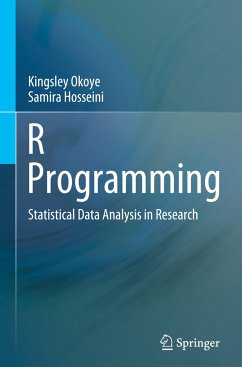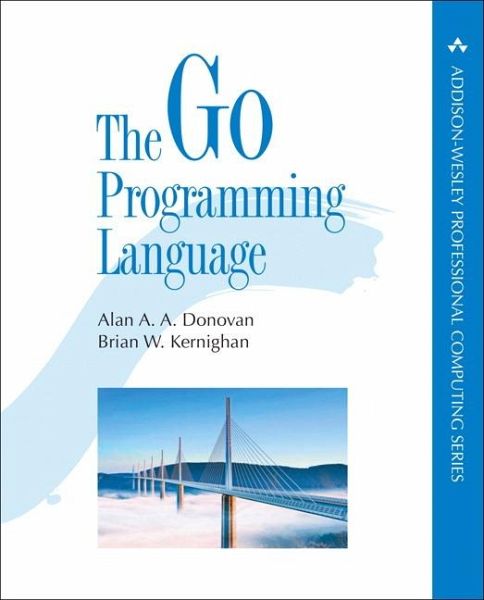
The Go Programming Language

PAYBACK Punkte
18 °P sammeln!
The book will quickly get students started using Go effectively from the beginning, and by the end, they will know how to use it well to write clear, idiomatic and efficient programs to solve real-world problems. They'll understand not just how to use its standard libraries, but how they work, and how to apply the same design techniques to their own projects.




